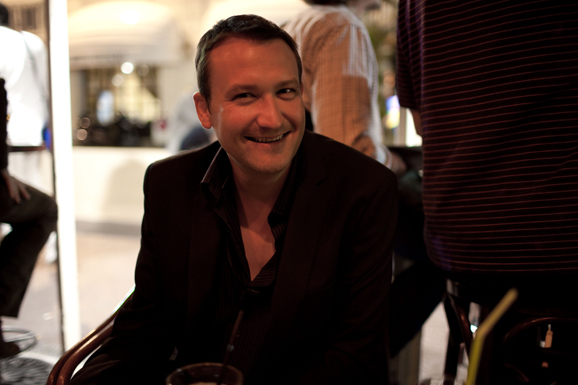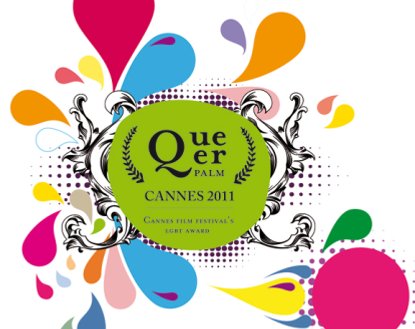From May 11 to 22, 2011, the world will have its eyes fixed on the Cannes Film Festival, one of the most prominent French cultural events. On the sidelines of this international event, the Queer Palm was created last year, supported by the association Les Ouvreurs, who are also behind the In&Out Gay and Lesbian Film Festival. This LGBT award aims to highlight the diversity that makes cinema rich. Franck Finance-Madureira, the creator of the Queer Palm, explains to Nice Premium the role of this special, unconventional, and “out of the norm” award.

Nice Premium: What is the Queer Palm?
Franck Finance-Madureira: It is the LGBT (Lesbian, Gay, Bi, Trans) queer and unconventional award. The idea is to reward, among all the films presented at Cannes, in all selections, a film for its treatment of gay, lesbian, bi, or trans issues and more broadly, for its take on everything related to gender.
NP: You created this award. Why?
FF-M: I created it last year. The idea is to highlight diversity, films dealing with these themes, because we know they can be useful to some extent, especially for isolated young people who question their gender, their sexuality, the way they envision their romantic life. Nowadays, we are more in the audiovisual era than in the book era. I think it’s really interesting to have films as somewhat of a reference point that allow one to realize that they are not alone, that if what they are experiencing is not the norm, it can still be a way of being normal.
NP: Why name this award Queer Palm?
FF-M: Palm, of course, because we are in Cannes. We absolutely had to reference the Palm, the grand prize of the Cannes Film Festival. Queer seemed to me the most interesting term because it is very open. We are not in a gay award or something that might have seemed communal. The idea of “queer”? Basically, it means strange or unconventional. It was somewhat an insult in the United States when people wanted to insult homosexuals, transvestites, or transsexuals. They were called “queer” and it gradually became a word that means rather unconventional, on the fringe, a somewhat out-of-the-norm perspective. It has become a generic term that seemed broad and open enough to me not to make a ghetto or communitarian award.
NP: What are the stakes of this award?
FF-M: It’s about already highlighting a film that will be rewarded. Last year, it was “Kaboom” by Gregg Araki, which was “accompanied” by the Queer Palm organizers throughout the year. During its theatrical release, we organized pre-screenings, contests, games during the DVD release. It’s a film we really followed. The idea was to highlight it, to show not only “concerned” people that this film addresses themes dear to them and does so rather well. And for people less concerned in their daily lives to tell them, if there is a film on these themes to watch this year, go see this one. We appreciated it and we seek a ripple effect.
In the second phase, starting next year, the idea is also to create a small platform for exchange between creators, authors, directors, and producers by establishing what we call the Queer Palm Market. It’s a sort of small platform to exchange both feature and short films, screenplays, synopses, to collect them from authors, directors and make them available to distributors, producers, or festival organizers.
NP: Which films will be screened this year?
FF-M: The Queer Palm is an award given to a film among all the Cannes selections. There isn’t a selection specific to this theme. We don’t have our own screening, except for May 17, which is the International Day Against Homophobia. We decided this year to choose a film that we will screen on that day. It is the documentary “Illegal love,” written by Julie Gali and it will be shown in the “Art Affair” space of the Carlton Hotel on May 17 at 11 a.m. and 11:30 p.m. These are open screenings for everyone to mark the occasion of the International Day Against Homophobia.
NP: Do you still have the feeling that attitudes are changing regarding homosexuality?
FF-M: In fact, we have the impression that attitudes are changing because in some big cities like Paris, Nice, or Lyon, homosexuality, bisexuality, being somewhat out of the norm are starting to be accepted. But we must not forget that for now, in France, LGBT people do not have the same rights. Still not the same rights as heterosexual people. I’m talking about everything related to family building, adoption, marriage. In opening up a bit to the world, there are still countries, let’s not forget, where homosexuality is punishable by the death penalty or life imprisonment. I think we can’t forget that.



